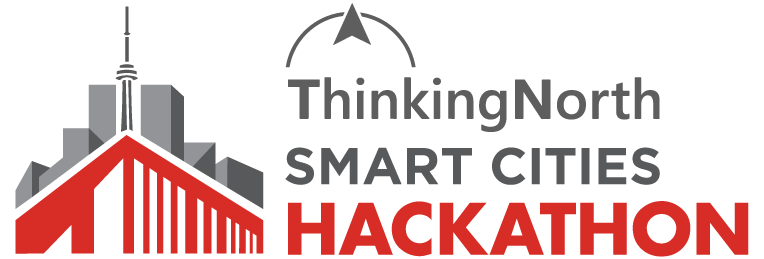Smart Health Innovations
Description
The Smart Health Innovations challenge set aims to identify innovative approaches to healthcare delivery that leverage emerging technologies. The COVID-19 pandemic has highlighted the need for more resilient and adaptable healthcare infrastructure. This challenge set seeks to identify and implement solutions that can help strengthen the healthcare system, improve patient outcomes, and increase access to healthcare services.
The challenge set is designed to be flexible and inclusive, welcoming a broad range of ideas and approaches. Submissions may include new technologies, programs, or approaches to healthcare delivery that utilize emerging technologies in novel ways. The challenge set prioritizes human-centered design and may include solutions that aim to improve healthcare delivery from the perspective of patients and healthcare providers.
Through this challenge set, we hope to inspire innovation and collaboration across the healthcare industry, driving new approaches to healthcare delivery that improve patient outcomes, increase access to healthcare services, and help build a more resilient healthcare system.
Possible Solutions
These are some ideas or thought starters that participants can use as a reference, but the solutions can be anything related to healthcare accessibility.
Telemedicine
Develop AI-powered telemedicine solutions that enable remote consultations, diagnosis, and treatment for patients in underserved areas or with limited mobility.
Health Data Analytics
Utilize advanced analytics and machine learning to generate insights from health data collected from wearables, electronic health records, and other sources. The insights could be used to personalize treatment plans, identify at-risk patients, and predict disease outbreaks.
Healthcare Kiosks
Ideate how healthcare kiosks can be set up in rural areas or other underserved communities. The kiosk could provide access to basic medical services such as blood pressure checks, glucose tests, and other diagnostic tests. It could also have a telemedicine feature that enables patients to consult with doctors remotely.
Healthcare Platform
Ideate a healthcare platform that connects patients with similar health conditions for peer support and community building. The platform could include virtual support groups, online forums, and other features that facilitate social support and reduce feelings of isolation and stigma.
Virtual Health Assistants
Create AI-powered virtual health assistants that provide patients with personalized guidance and support. The virtual assistants could help patients manage chronic conditions, provide health education, and offer mental health support.
Predictive Maintenance
Utilize machine learning to predict equipment failures and proactively schedule maintenance for healthcare facilities. This could help reduce downtime, improve patient safety, and lower costs.
Public Health Monitoring
Develop AI-powered systems to monitor public health trends and identify disease outbreaks in real-time. This real-time healthcare providers and policymakers take proactive measures to contain and mitigate the spread of diseases.
Clinical Decision Supports
Develop AI-powered clinical decision support systems that help healthcare providers make more accurate and efficient diagnoses and treatment plans. The systems could analyze patient data and suggest evidence-based interventions and medications.
